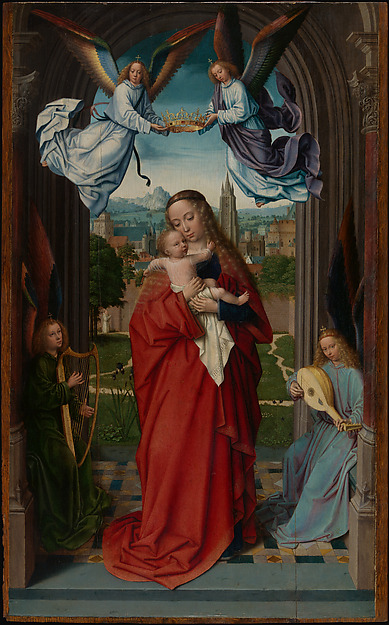Classic poem of the day
How still the room is! But a while ago
The sound of sobbing voices vexed my ears,
And on my face there fell a rain of tears—
I scarce knew why or whence, but now I know.
For this sweet speaking silence, this surcease
Of the dumb, desperate struggle after breath,
This painless consciousness of perfect peace,
Which fills the place of anguish—it is Death!
What folly to have feared it! Not the best
Of all we knew of life can equal this,
...
Member poem of the day
I was born looking up.
My arms outstretched,
feet arched
and ready to leap.
The world said
“We don’t have space
for someone so soft,
someone so sweet.”
It was fire they wanted,
In the form of sharp teeth.
I listened to them,
but forgot how to breathe.
They said to be strong,
I couldn’t cry.
They said to be worthy,
I couldn’t be shy.
They used words for my kind...
